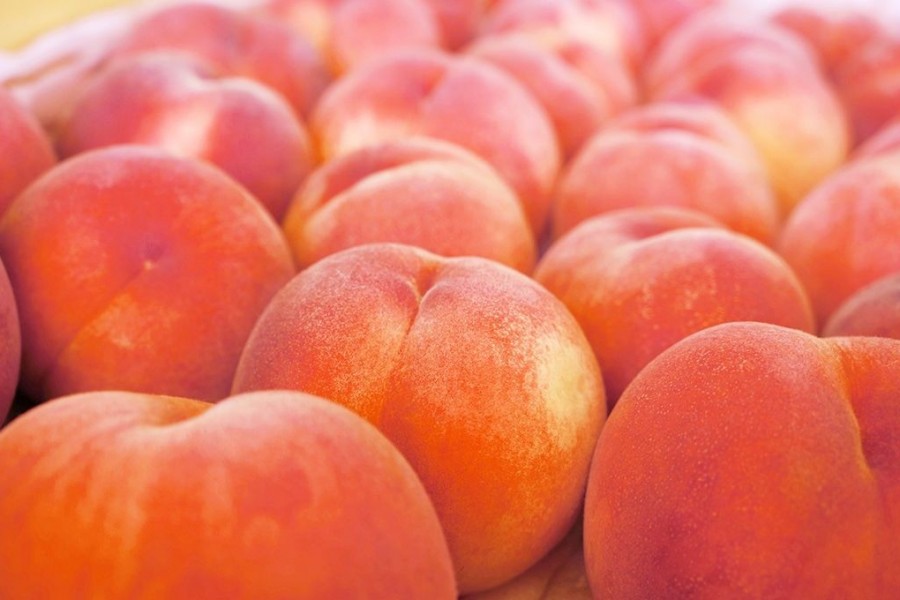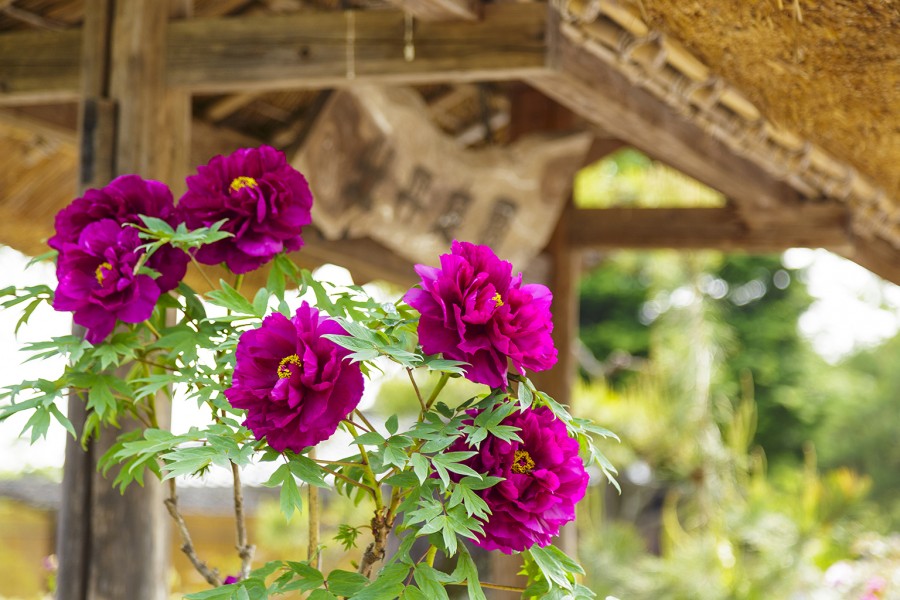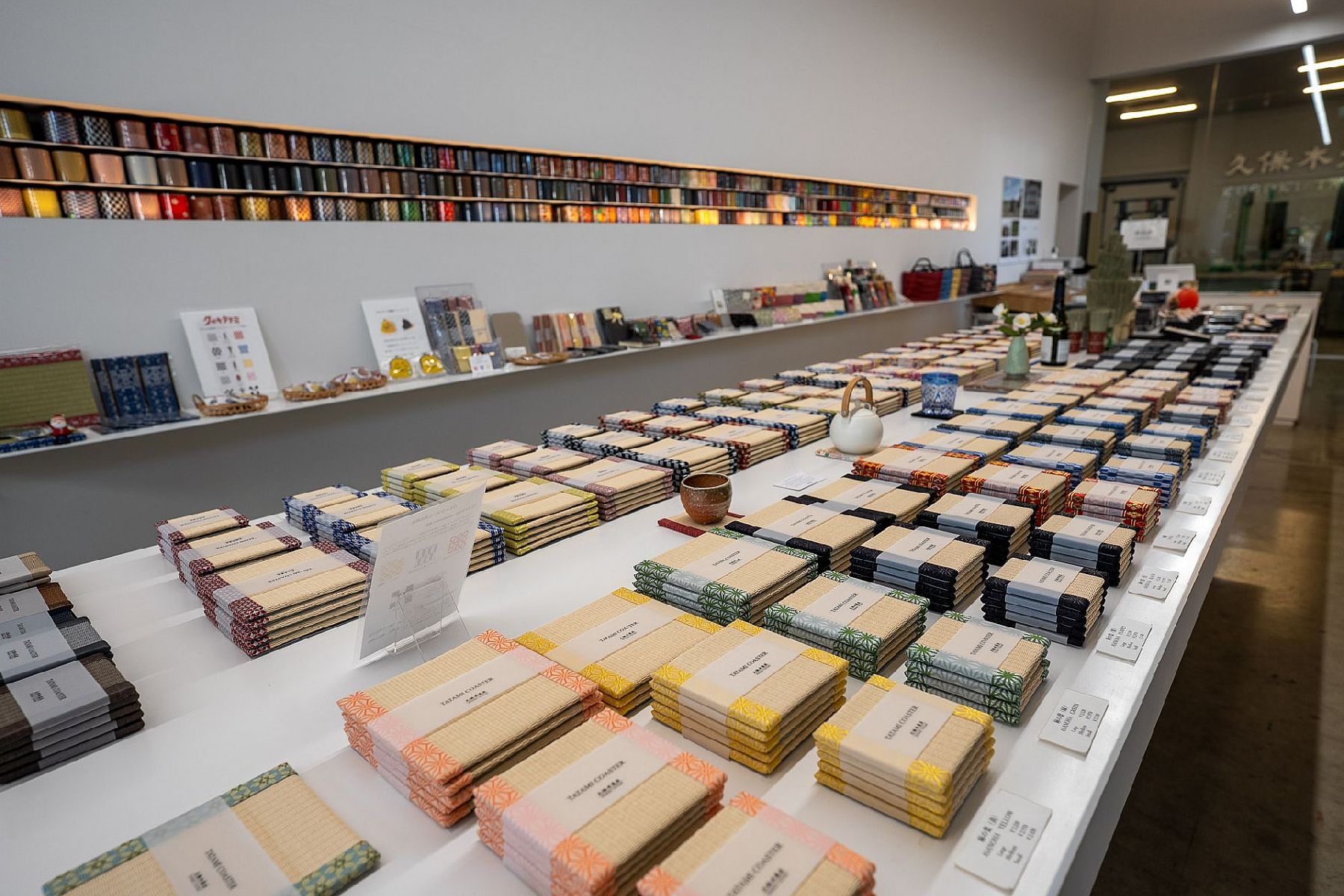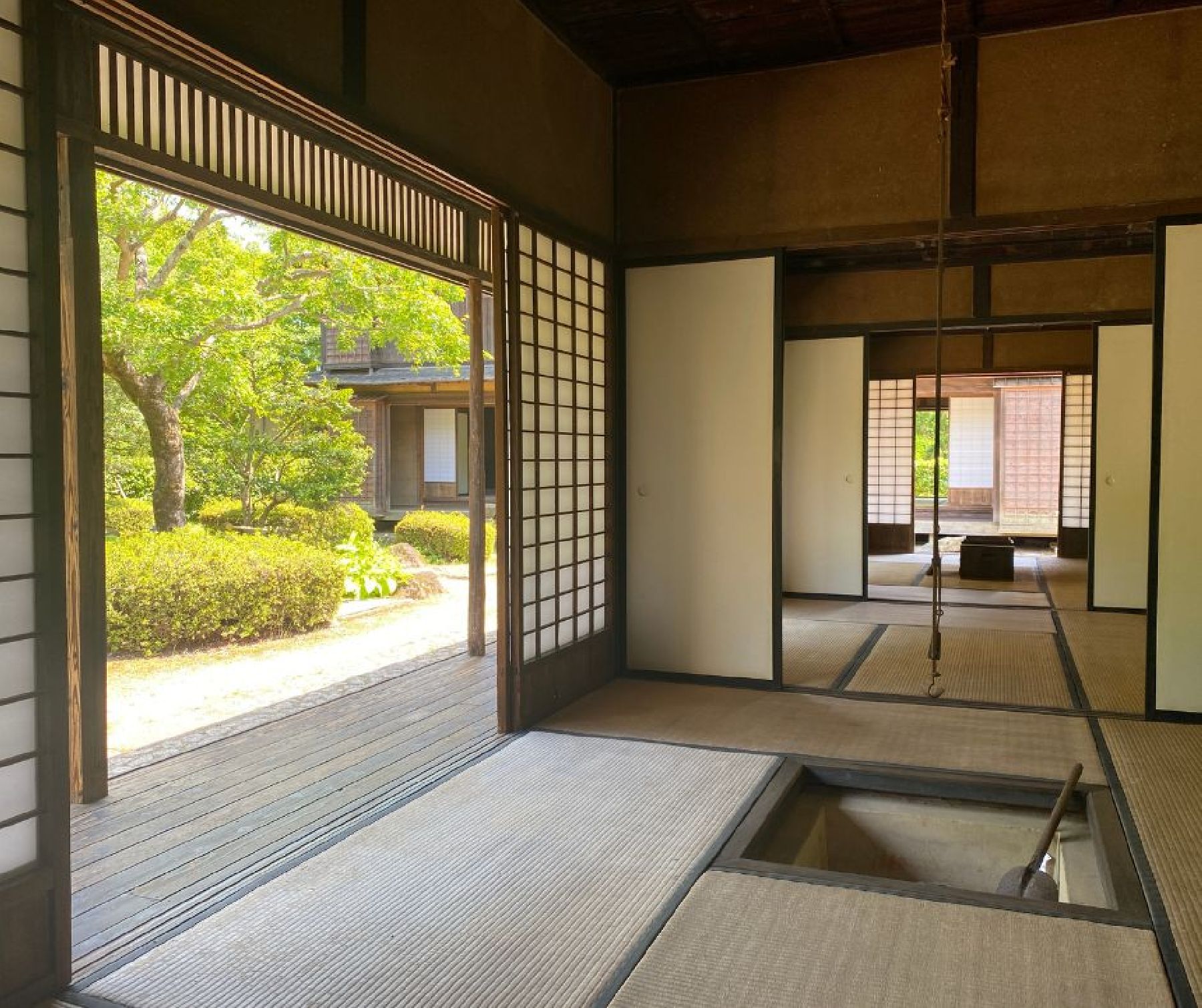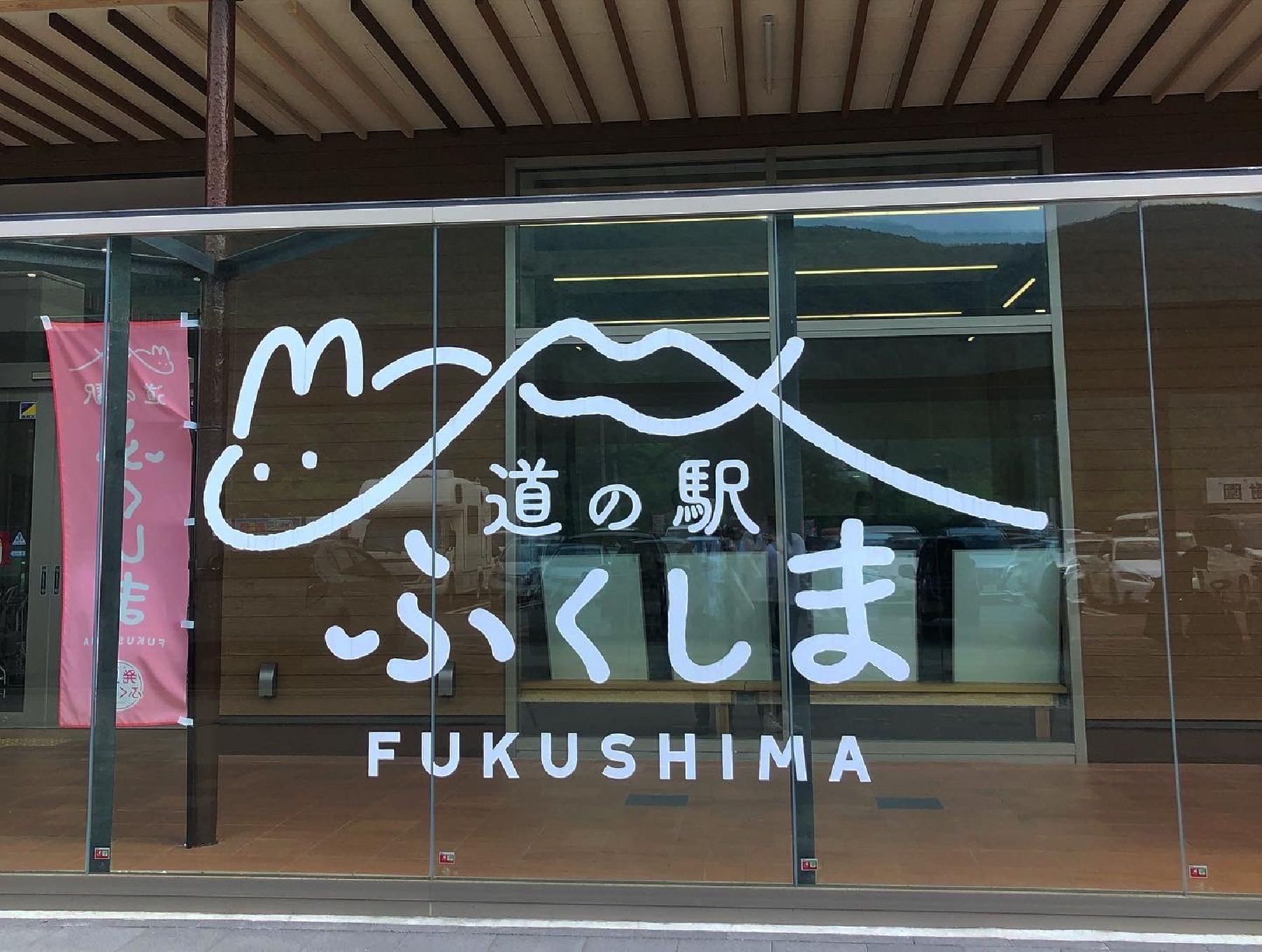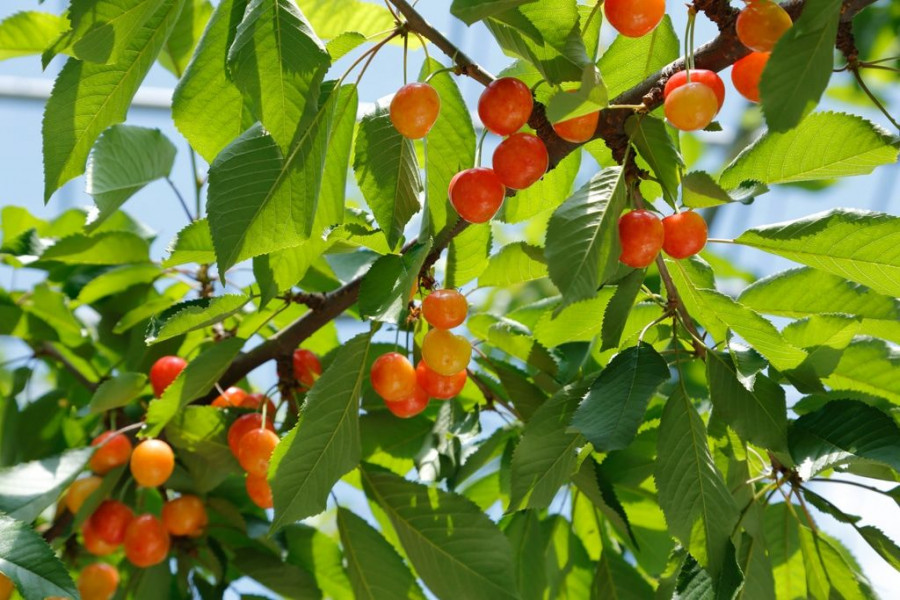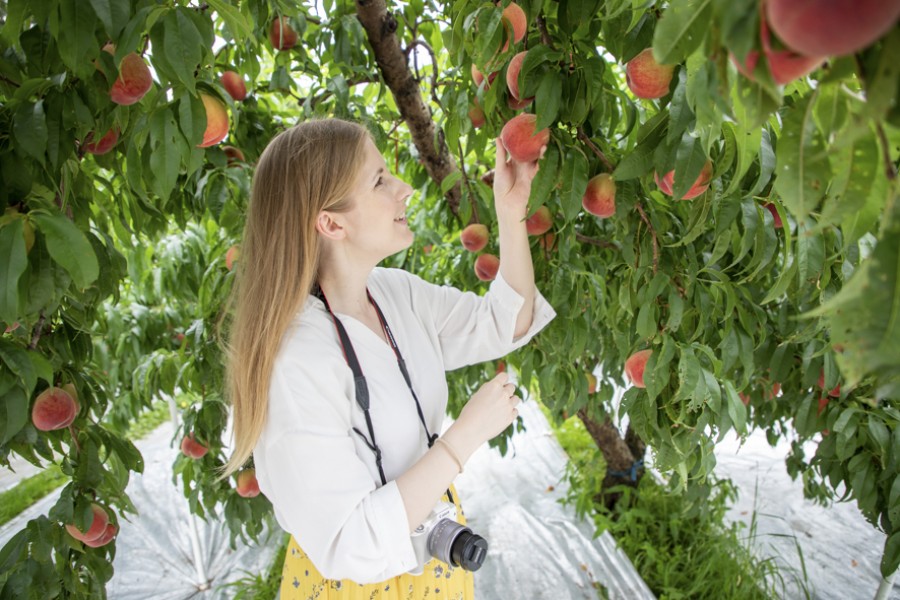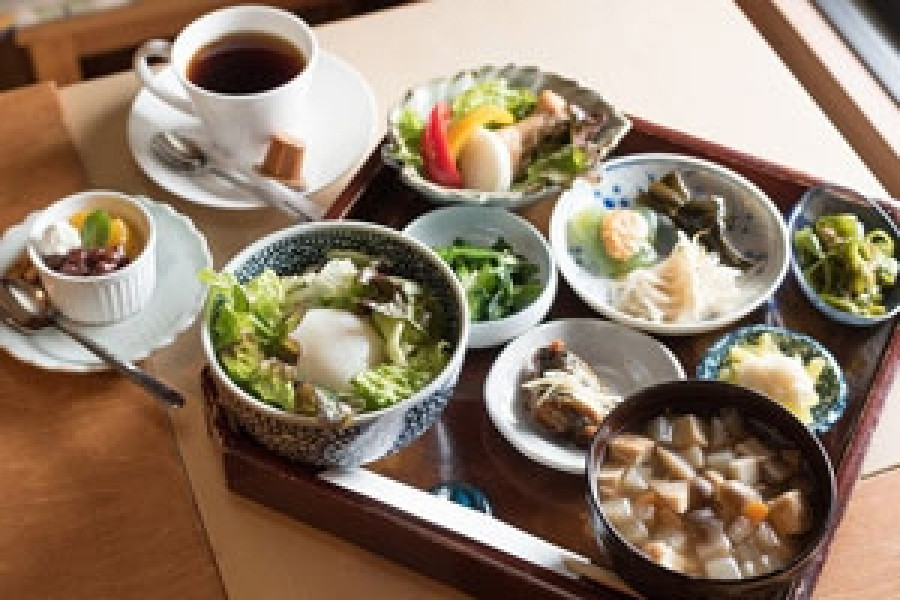
Kura Café Sen no Hana
The Kura Café Sen no Hana is located on the grounds on Kunitaya Miso Factory in a remodeled kura (storehouse). Try the local flavors of Fukushima cuisine with their lovely lunch items featuring locally Nihonmatsu-produced miso and soy sauce. There are also many other menu items to appreciate, such as amazake, Mongolian-style tea, and coffee. The inside of the shop is also calming and decorated with local pressed flowers.Open from 11:00 a.m. to 6:00 p.m. (with a break from 2:00 to 3:00 p.m.), the Kura Café Sen no Hana is sure to give your taste buds a treat. Their fair prices and delicious cuisine make them popular with locals and visitors alike.The amazake, a nonalcoholic drink made from koji, or fermentation starter, is popular with guests. As for food, the zaku zaku soup is a traditional soup of chunky cubed vegetables which is eaten on special occasions like festivals and ceremonies, it is a famous Nihonmatsu specialty. But if you’re wanting to go for dinner, make sure you’re there before the last order at 5:30 p.m. (4:30 p.m. on Sundays). Next door to the Kura Cafe Sen no Hana, guests can also visit the Kunitaya Miso Factory. The redwood lattice of the exterior is especially attractive. In addition to the tours, the Factory also sells miso, soy sauce, and koji, which is used to make Fukushima’s famous 'sagohachi' pickles.All the products for sale are made at the Kunitaya Miso Factory and use pure water from Mt. Adatara and locally grown ingredients. It’s a great way to get the fresh flavors of Fukushima Prefecture. There are also seasonal products available, so be sure to have a look!
